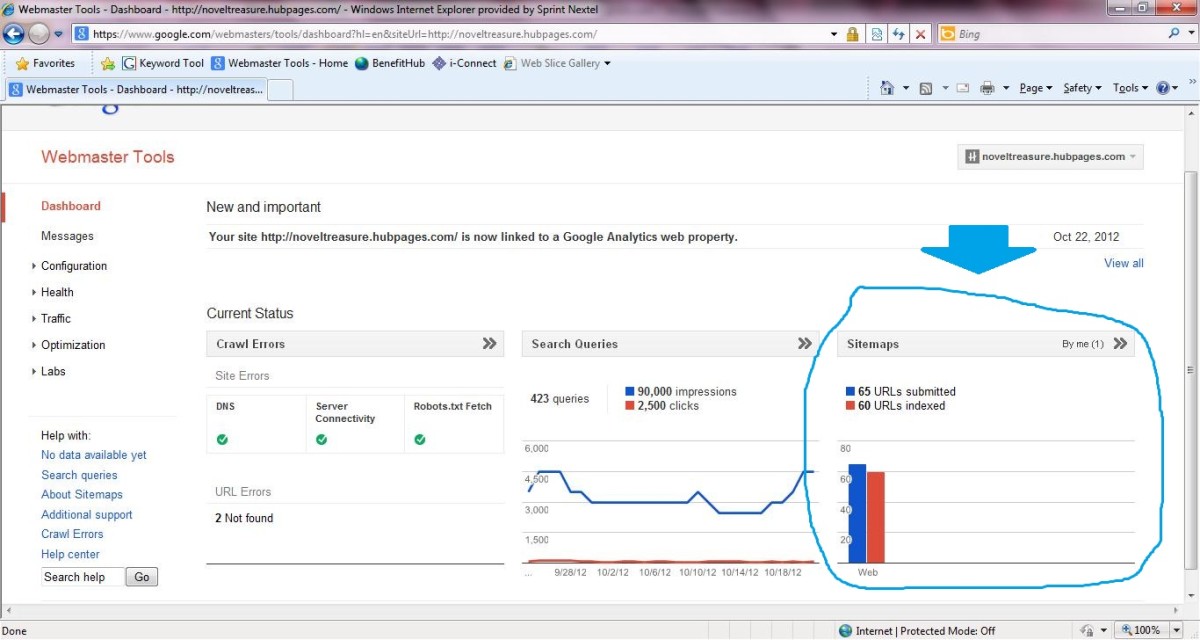Writing for the Web - Fresh Content
Writing for the Web - Fresh Content
Whether you are just getting started writing for the web or you are a veteran in the field, you will almost certainly come across the concept of fresh content. If you haven’t yet, you simply haven’t done enough research. The basic concept is that search engines—like Google, Bing, Yahoo, etc.—give higher rankings to sites that display fresh content. There are even those who disagree with this concept such as SEO-Gold.com’s article on “Does Google Prefer Fresh Content.” Now, I’m not one to point fingers, but I must question whether the authors here were intentionally trying to mislead people or they were just taking a strong stance on a very narrow focus. The reality is that both SEO-Gold is correct and so is the idea that search engines prefer fresh content. How can this be? These are two directly opposing statements? Ah, read on my friends.

Defining Fresh Content
The idea that simply updating a page with rewritten content, new phrases, and even possibly a brief update will boost a site’s potential in the eyes of a search engine is outdated and incorrect. I can put out a hundred websites today—or, even a hundred articles on existing, highly ranking websites—and those articles/sites are not going to rank well simply because the content is new and fresh. New does not necessarily mean better. Having “new” content does play into the equation, but not just because of the date (although this has been shown in some cases to have a slight improvement in search rankings).
Instead, what makes a difference is how original the content is. If you are regurgitating the same information time and again, it can be considered duplicate content. Many people will work to spin content—change the words around, maybe put the article in a different order. This can help to avoid the page or site being pegged as duplicate content, but it is nothing new. Now, some people will refer to web content being original and fresh. Others, such as myself, have come to encompass both under the term “fresh.” So, just having something “new” on your site or blog helps, but only a little bit. Search engines do look at sites that are updated frequently versus those that have been stagnant for awhile. As more information is added over time, it stands a chance to rank better. Of course, if you don’t follow the other rules pertaining to quality, fresh content, how frequently the site is updated isn’t going to matter one iota.
Original Content with Network Solutions
Creating Original & Fresh Content
One of the biggest problems I ran into, especially after having a little experience under my belt as an online writer, was how to bring fresh, original content forward. Any writer worth their salt will tell you: “it’s all been done before.” And they are right. This isn’t some pessimistic view. You are going to be hardpressed to come up with something that is totally new and different. If it were easy, we wouldn’t know Bill Gates’s or Mark Zuckerberg’s name, because they would be a dime a dozen.
Instead, if you want to be able to put out truly fresh content, you need to have a look at what is already being done. You can present information in a new light. You can look at it from a different angle. You can write a follow up report. You can challenge what others have said. These are all just some basic ideas. But, you can see where I am going. Don’t try and do something totally new and different. Fresh content comes from presenting concepts in a new and different way.
Social Media Today presents some more great info on creating awesome web content. And, you can find all sorts of useful information like this, if you know both where to look and how to filter through all the garbage. Creating unique, fresh, original, or whatever type of content you want to call it is what is going to make or break you as an online business, content producer, or online writer.
More Resources
- 5 Ideas for Creating Original, High Quality Content | A Web Content Development Blog
Content Strategy, Ideas, Tips and Resources








